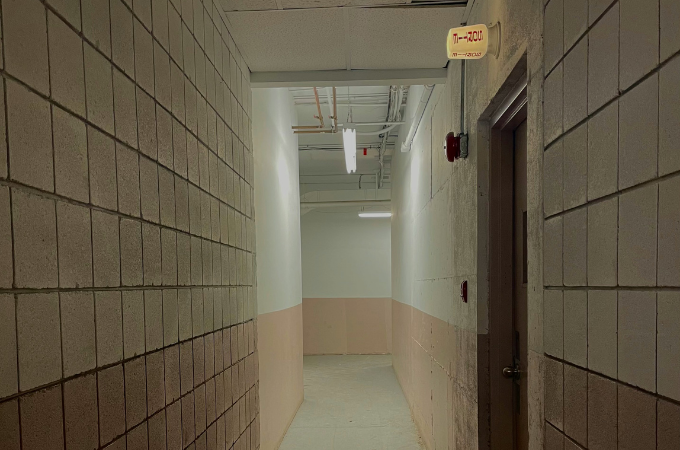
Teju pushes his way through the dirt-smudged glass doors into the long room. Fluorescent strips throw a harsh white light down from a ceiling buckled by age. Immediately he locks eyes with the surly security guard perched on a black stool near the entrance. He’s a brother, wide and long, uniformed, a black cap askew on his head. Teju tries to picture what it’s like for him, guarding this place day and night, seeing people wander in, their heads hanging low, scratching their arms at the same spot the needle would go in. Their eyes already seeing the cash the attendants will slap into their itching palms once the deed is done.
He joins the line to get the intake form. He is no stranger to long queues. He stood in line to get written authorization to remain in this country and to get a Social Security card with “not eligible for employment” stamped on it. He stood in line to let the government know he wanted to change his name and gender marker. Then, once granted permission, he stood in line to do the actual changing of name and the gender marker. But, until he discovered this clinic some months ago, he was completely new to standing in line in order to sell a part of himself.
“Next!”
He steps up to the check-in counter and finds himself in front of the white woman who speaks with the southern accent typical of Charlotte. She asks for the ticket Teju pulled out of the ticket machine next to the security guard. This is what gives him permission to speak to her, this woman with the same look of disgust on her face that she had last time he visited this clinic.
“Take this!”
The woman shoves a clipboard of forms into his hands and, with her head, indicates the rows of chairs to her left, most of them already filled with people scribbling away at their forms. In front, a sister with a banana-yellow headwrap and bright purple lipstick stares off into space, a pen poking at the side of her mouth. In the back, a young Asian couple huddles over one form, whispering to each other. To the side, a gray-haired brown man mumbles to himself in irritation.
Teju finds a seat that’s as isolated as possible and gets to work on the forms. He has filled in these details many times before.
“What is your first and last name?”
“Where do you live?”
“When were you born?”
What he really wants to write about is why he’s here. He wants to write about how only six years ago, at the dawn of the ’90s, he left Nigeria and landed here to begin his fifteenth year of life. He traded military dictators for wolf-in-sheep’s-clothing American politicians. He gave up frequent power outages and unpredictable electricity for mega superstores stocked with products made on the backs of exploited people in other countries. He said goodbye to rainy seasons that turn the earth a deep black, leaving the air thick with the smell of loam. He bid farewell to a land where his ancestors and their ancestors and their ancestors’ ancestors were born, grew up, cried, laughed, danced, prayed, and died. He said goodbye to friends who taught him the latest dance craze, who were his partners in crime, who recited together favorite songs, poems, chants, and prayers.
He gave it all up for an American life that didn’t at first seem as insidious as it actually was. But the taunts in high school taught him otherwise, focused as they were on the things that made him more readily identifiable with his people: accent, dark skin, bushy hair, and language. Within a year of his arrival, he posted himself in front of his mom’s mirror, saying words like “water” the way Americans do, with the rolling “r” in place of the hard “t”. He said “cool” over and over, trying to push the word out of his mouth as nonchalantly and effortlessly as possible. By the time he’d started college, the Nigerian accent – the one that had some Port Harcourt in it, some Benin in it, some Warri, and some pidgin – was fading, losing its hold on his tongue.
“Are you a man who has had sex with men in the last five years?” the intake form asks. Next to that, it asks if he is a person from Nigeria or if he’s visited Nigeria in the last five years. Gay men and Nigerians, assumed to all be carriers of HIV, are barred from selling plasma or donating blood. He looks at the surly guard by the door who’s studying his fingernails, then at the woman doing check-in, on whose face the disgusted expression still sits. In his mind he asks them, though he knows they are a powerless duo, how they can be party to such injustice, to these obviously racist and homophobic questions. Even where life-saving serum is concerned, it still comes down to who you fuck and which people can claim you as theirs.
He looks back at the form. A “yes” to either question would mean he couldn’t sell plasma, which would mean the $40 he’d been counting on would be out of reach. It would mean another day or week of barely eating or more borrowing from his friend. He’s not a cis gay man; his gender is a landmine of complexities he’s slowly untangling. But the Nigerian question and his “no” response is a blatant lie.
***
The attendant is a twenty-something bald Black woman with gold hoops in her ears and a gold stud in her nose. She places Teju’s arm on the armrest and turns it over with a latex-gloved hand, exposing the black puncture wounds in the crook, reminders of previous visits. Just beneath his skin, veins pulse blue-black.
“Steady,” she says to him blandly while he winces and tries not to shake. She pushes the wide mouth of the metal needle into the dip in his forearm. Though it’s of a terrifying girth, the sharp jolting pain of the insertion no longer forces tears from his eyes. He grimaces and holds his breath. The plasma-sucking machine makes a loud whir as the rotor inside it spins. The plasma bag within it inflates with the part of his blood it’s extracting and the leftover haemoglobin it’s pumping back into him.
He wants to tell the attendant that every time he comes here, he renounces his country on the measly form for a measly forty dollars. He wants to tell her about the particular loneliness of watching from afar as his country proceeds without him, reconstituting itself in his absence by creating new states and renaming old ones. When he was growing up, Abia State didn’t exist – it was just Cross Rivers State, covering miles upon miles of people, their languages and ways of being interrelated but still distinct. Akwa Ibom was created in the ’80s to honor these distinctions, to give political power to peoples marginalized by the Hausa-Yoruba-Igbo hegemony. Years later there are many new states. When people tell him they are from Bayelsa, Ebonyi, Ekiti, Kogi, and Taraba he looks at them blankly, not knowing if that’s in Nigeria or somewhere more north. When people tell him they are from Delta State not Rivers, which is also not Bayelsa State, he wonders on which land his birth home now stands. Rivers? Abia? Or does it, like him, straddle multiple worlds? Maybe it stands at the nexus of many of these worlds now cleaved apart, now more Ogoni or more Calabar or more Ijaw.
“Expect this process to take a few hours,” she says before leaving him to his own thoughts. For distraction, Teju looks around. Near the narrow, gray plastic bed he lays on are other beds with people hooked up to machines. Parts of the whirring machines are transparent, and you can see into their bellies to the beige bag that spins and inflates slowly with each revolution. Like him, each person has a needle in their arm that’s hooked to an IV stand that’s connected to the machine in which the bag spins around and around. He has lost count of the number of Saturdays and Sundays he has seen the sun begin its downward arc from one of these beds that are so narrow they hold only half his body.
He still comes here even though he woke up one morning realizing he no longer knew why he was fighting so hard to stay in America. The longer he stays in this country, the more desperate his machinations to stay become. He asks himself what awaits him at home; what life awaits a trans person who is neither a man or woman; where can a queer person feel safe? The media tells him homophobia on the African continent is more potent and malicious, more unpredictable and brutal. Yet in America he sees gay people castigated publicly, murdered even. He sees shootings of Black people by the police occur as frequently as their whims, which is pretty damn often. He asks himself, even if his so-called dreams did come true and he got the magical green card, would he actually want to stay in a place where, like Nigeria, he’d have to subsume so much of himself in order to get by?
He asks himself if getting by is all he should expect from life.
***
Outside the clinic, Teju walks-staggers to his Dodge. He leans against his beat-up hooptie and surveys the $40 clasped in one hand with a wary eye. In his other hand are the crackers the attendant gave him, which, despite being hungry and lightheaded, he can’t bring himself to eat.


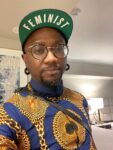
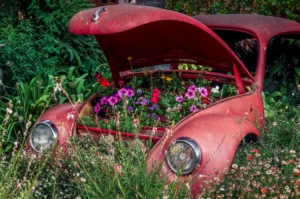
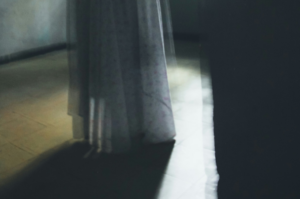
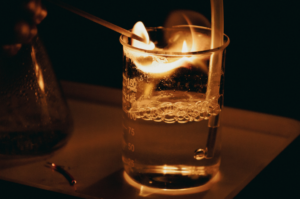
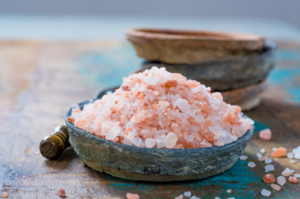
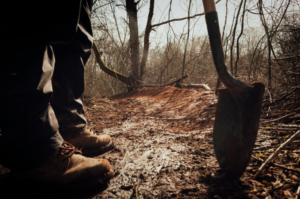


COMMENTS -
Reader Interactions